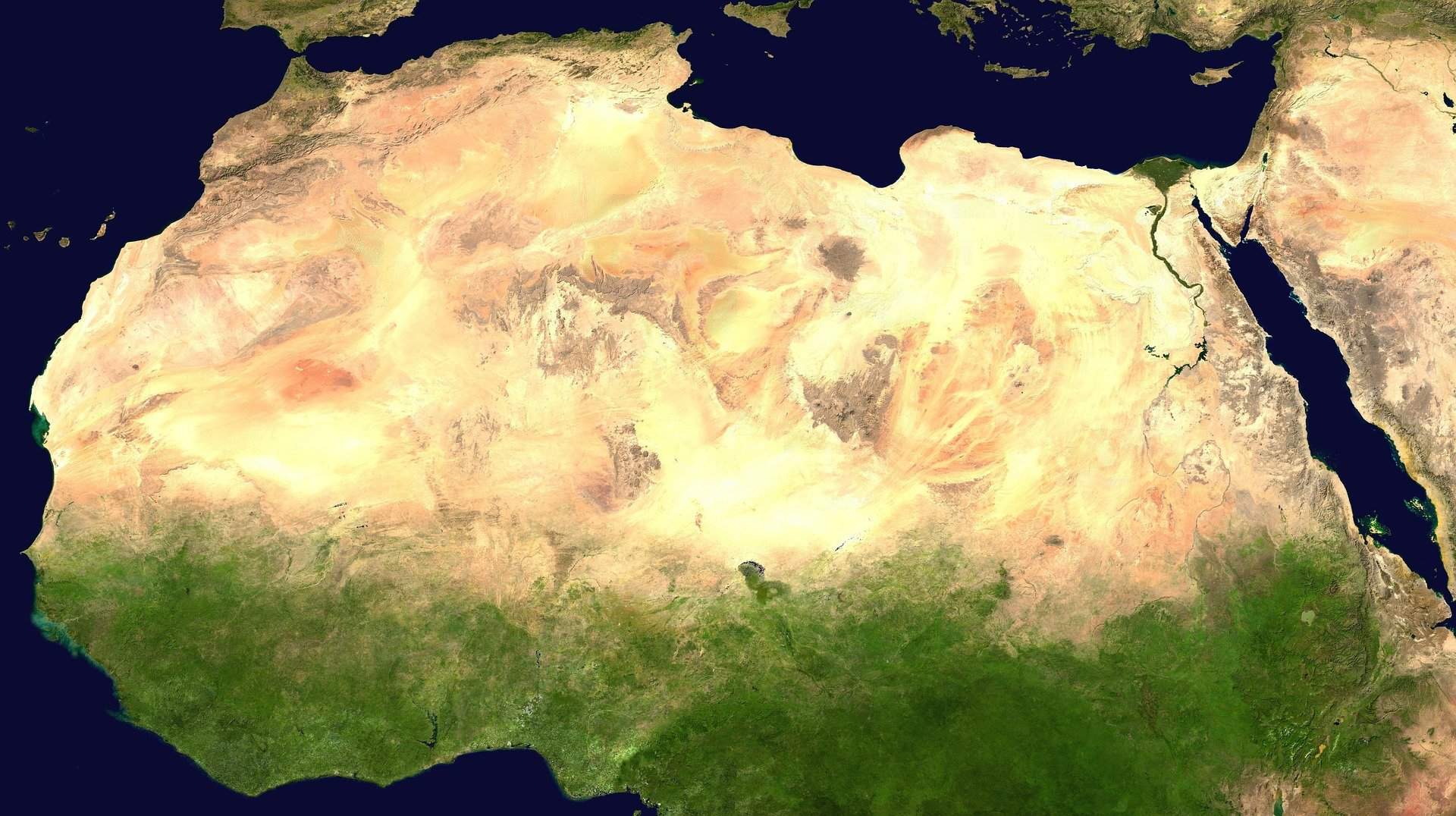France backs Morocco on Western Sahara

In a letter to King Mohammed VI, Emmanuel Macron reinforces Paris’ support for the Moroccan autonomy plan for this territory, considered as “the only basis for a just, lasting and negotiated political solution”. A strong gesture, demanded by the kingdom for years, but that could stretch Franco-Algerian relations.
France has officially changed its position on the Western Sahara file at the heart of tensions between Morocco and Algeria – who supports the Saharawi separatists. In a letter to the King of Morocco on the occasion of his 25th anniversary, Emmanuel Macron states that the autonomy plan presented by Morocco in 2007 is “the only basis for a just, lasting and negotiated political solution”.
He goes so far as to write that «the present and future of Western Sahara are part of Moroccan sovereignty».
This position taken at the highest political level, is a well-reflected official position that will govern the French diplomacy in the Maghreb region, the Middle East and Africa.
Morocco has claimed this territory since the Spanish left in 1976. Last territory of Africa to remain without status since decolonization, Western Sahara is the subject of a mediation before the UN between Morocco, the Saharawi independentists of the Polisario Front and Algeria which supports them. But negotiations have been stalling for decades. In 2007, Rabat presented an «autonomy plan» which France immediately supported by saying that it was «a basis for serious and credible discussions». But without going as far as to affirm that it is «the best solution», and a fortiori without recognizing Moroccan sovereignty over the territory.
The US took the leap in December 2020, recognizing the marocanity of the Sahara. King Mohamed VI has since explicitly stated that «the question of the Sahara» became «the prism through which Morocco looks at the world». Several countries have thus responded to the call of the King of Morocco, including Spain , traditionally close to Algeria, which changed sides in March 2022, and Germany, which made a gesture a few months later.
Source: Lesechos.fr and AFP

